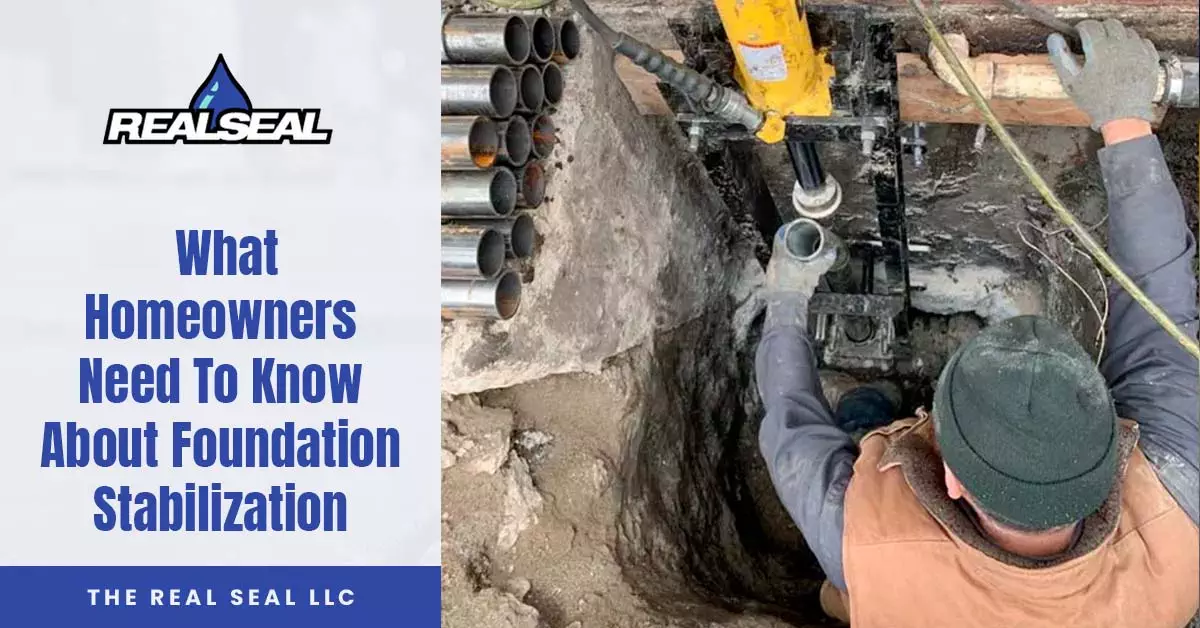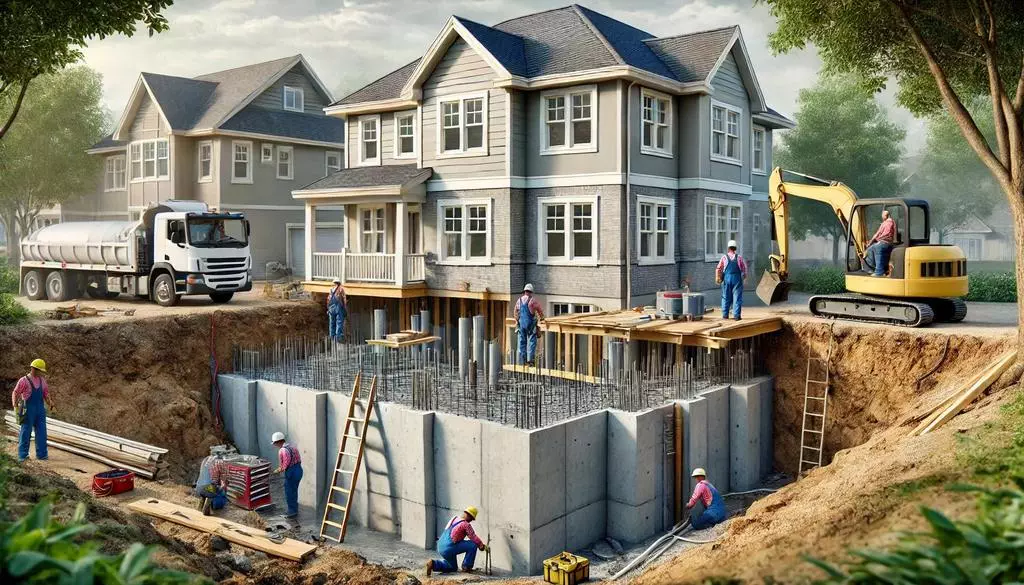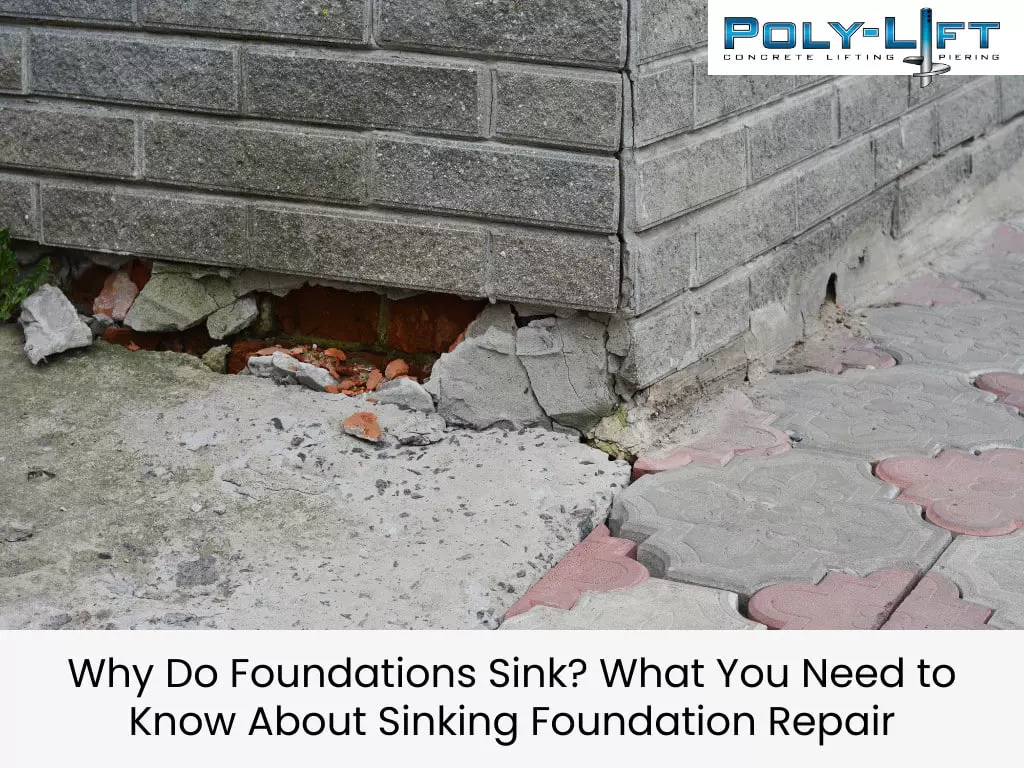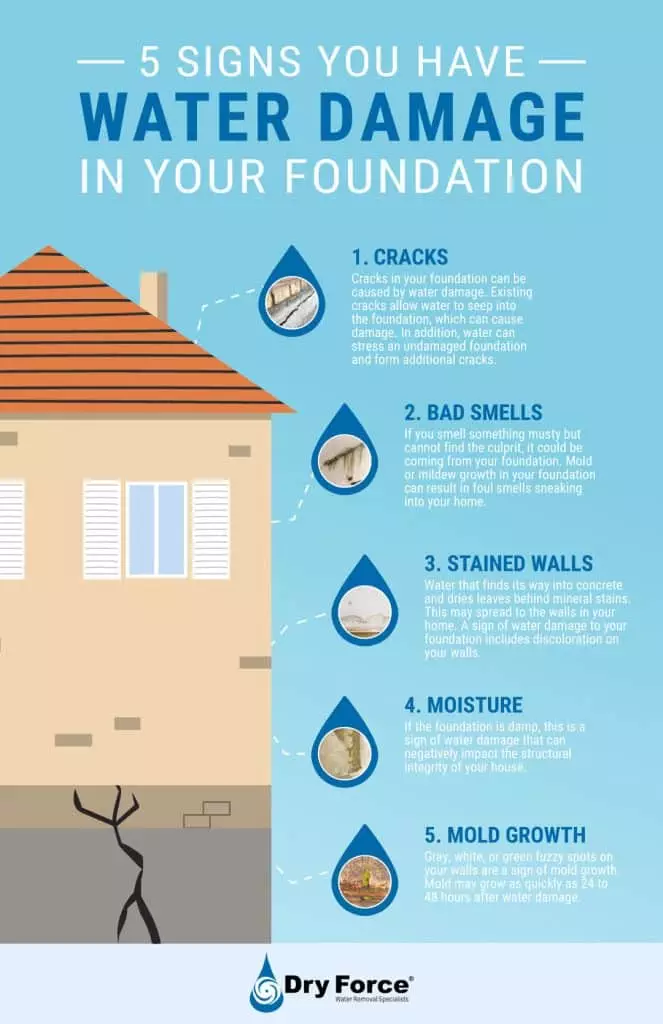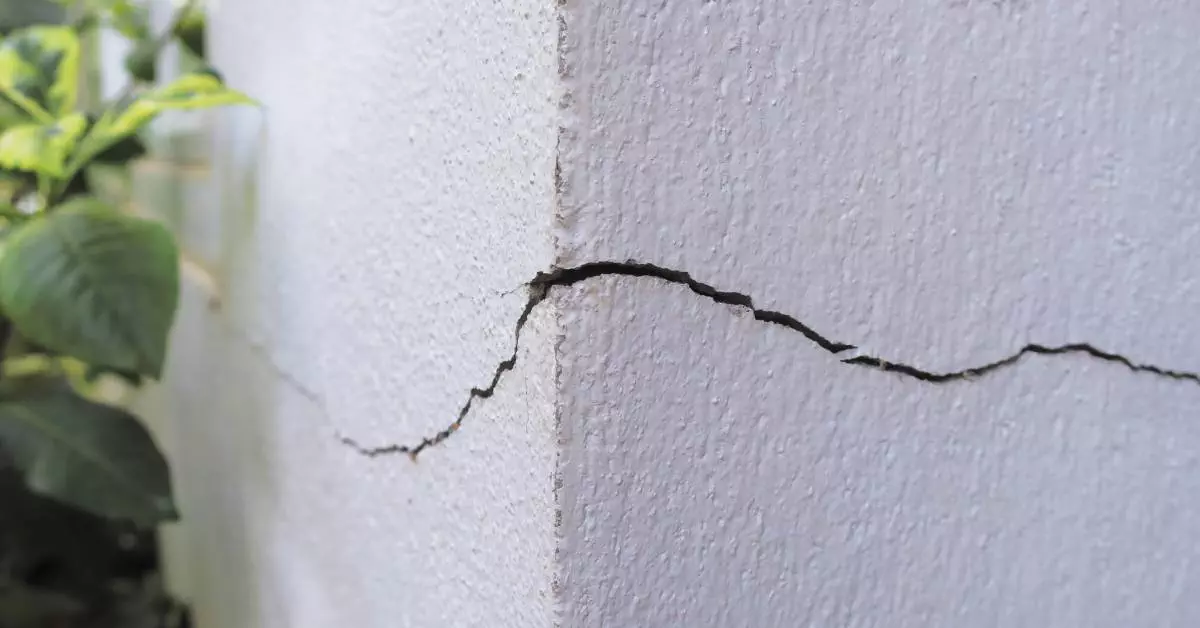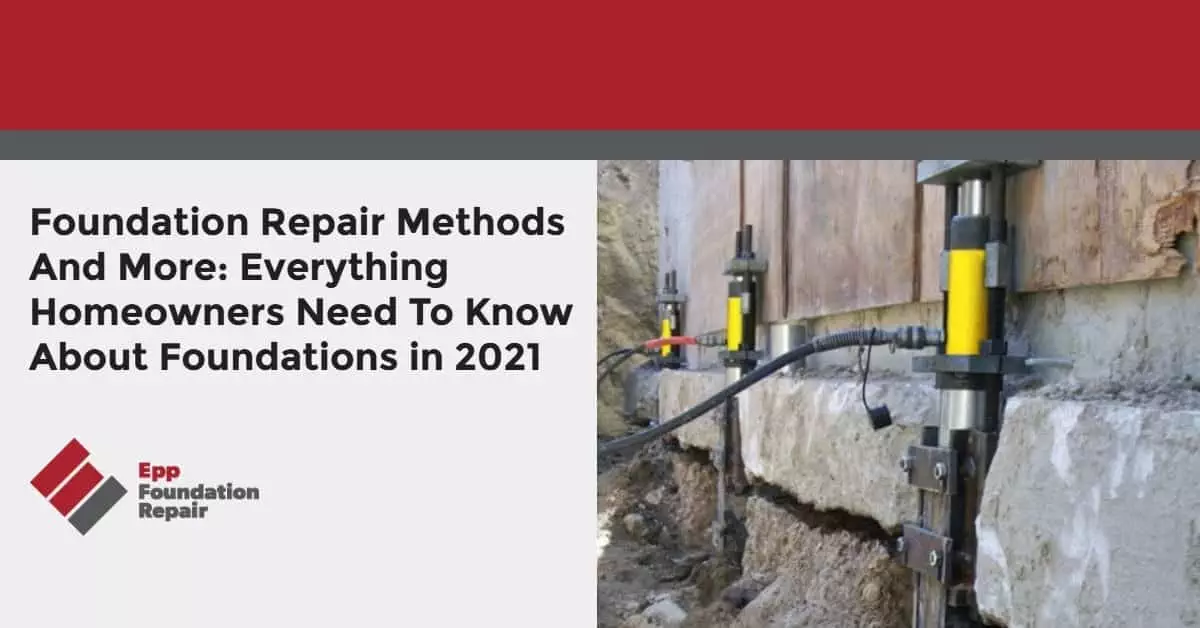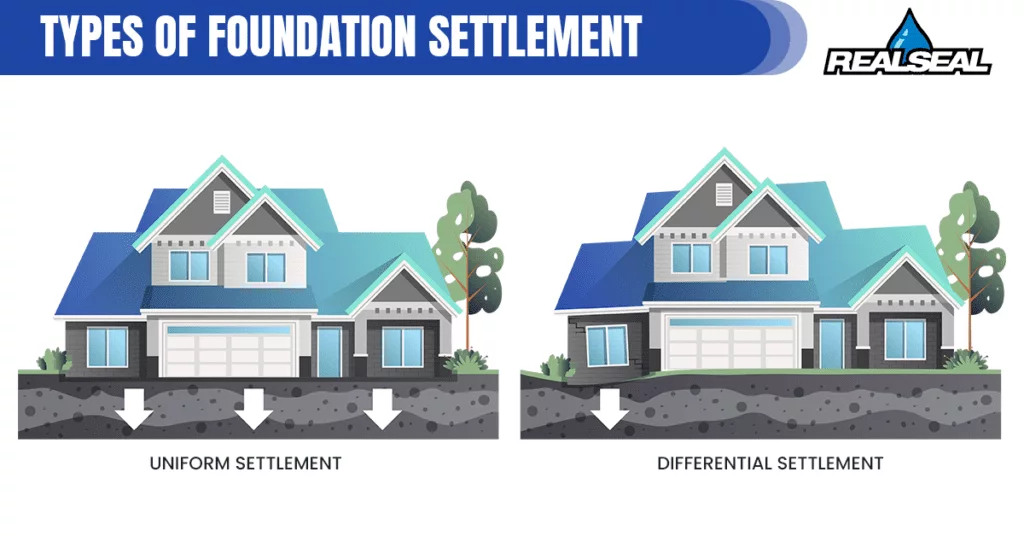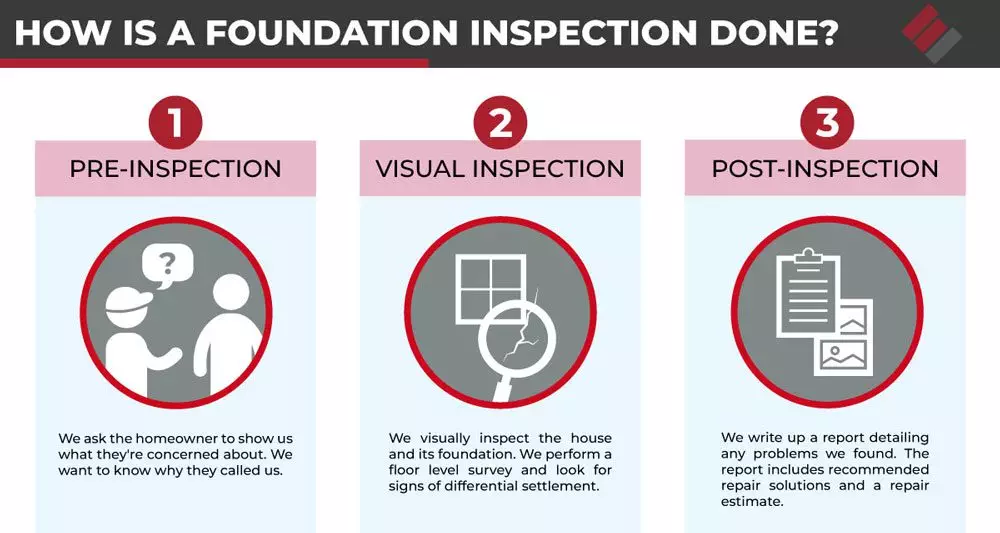
The Secret of a Successful Foundation Inspection for Your Home
Did you know that a faulty foundation can reduce your home’s value by up to 15%? When it comes to safeguarding your investment, a thorough foundation inspection is essential. You might wonder if your home stands strong against the forces of nature. This process not only checks for visible issues but also uncovers hidden problems that could turn into costly repairs in the future.
A successful inspection covers various aspects, from structural assessment to foundation repair needs. It takes a closer look at your basement and checks for any signs of foundation damage or cracks. Whether it’s about maintaining your home’s structural integrity or ensuring soil stabilization, an inspection helps in identifying potential threats. Think of it as a health check-up for your home.
Explore how to keep your home safe and secure with a detailed foundation evaluation. Dive into the steps that can save you time and money in the long run. It’s time to unlock the secrets of a strong foundation and take control of your home’s future. Keep reading to discover how you can ensure peace of mind with confidence.
Within the post
Understanding Foundation Inspection
Foundation Inspection Basics
When it comes to keeping your home safe, understanding the basics of foundation inspection is crucial. A foundation inspection is like a check-up for your home’s base. You want your home to stand strong, and this inspection helps ensure that. Without it, hidden problems might surprise you later. Checking the foundation involves looking at various aspects to ensure everything is in order. This process is essential because it identifies issues early before they become big problems. Keeping your home safe and sturdy starts here.
Importance of Structural Assessment
The foundation of your house does more than just sit there. It supports everything above it. That’s why a structural assessment is vital. This assessment not only ensures the structural integrity of your home but also helps prevent potential hazards. Think of it as a way to spot any warning signs before they turn into dangers. By doing this, you maintain the property value of your house. If you’re planning to sell your home in the future, buyers will appreciate a solid, well-maintained foundation. This assessment helps keep everything in check, ensuring your home remains a safe place for you and your family.
Key Signs of Foundation Damage
Are you worried about your foundation? Knowing the key signs of foundation damage is important. Look out for cracks, as they are often the first signs of trouble. Uneven floors can also indicate a problem. When you walk through your house, pay attention to how the floors feel under your feet. If they seem bumpy or slanting, it might be time to take a closer look. These signs are like red flags, telling you to investigate further. Identifying these early can save you a lot of headaches down the line.
Foundation Inspection Checklist
Having a foundation inspection checklist can be helpful. This checklist includes tasks like crack inspection and Soil stabilization. Start by examining the cracks. Are they small or large? Knowing the size and type of crack can help you determine if there’s an issue. Soil stabilization is another vital part. The ground beneath your home can shift, affecting your foundation’s stability. Keep these points in mind, and you’ll be more prepared to handle any problems that arise.
Preparing for Your Home Inspection
Scheduling the Inspection
Scheduling a home inspection is your first step. You want to choose a time that works well for you and the inspector. Make sure you have a window of time available so the inspection can be thorough. Planning ahead ensures everything goes smoothly. It’s also wise to check the weather, as certain conditions might impact the inspection process.
Choosing a Qualified Inspector
Picking the right person for the job is key. Choose a qualified inspector who has experience in the field. Their professionalism ensures accurate results. You wouldn’t want someone guessing about your foundation’s condition. It’s like going to the doctor; you want the best care possible. A well-experienced inspector can spot details others might miss, providing you peace of mind.
What to Expect During the Visit
Wondering what happens during a foundation inspection visit? Inspectors examine key areas of your home, paying close attention to the foundation and its surroundings. One major area of focus is the basement evaluation. They will look for signs of water damage, cracks, and any structural issues. These experts know what to look for and can identify problems that aren’t visible to the untrained eye. Being present during the inspection can give you insights into what the inspector sees and notes.
Understanding the Inspection Report
Once the inspection is complete, you will receive an inspection report. This document provides detailed insights into any structural issues found during the inspection. Understanding this report is crucial because it guides any necessary foundation repair. You don’t want to overlook important details that could affect your home. Think of the report as a roadmap, showing you what needs attention to keep your home safe and sound.
Common Foundation Problems
Foundation issues are common, but understanding them can make a big difference. Problems like cracks, leaks, and settling issues often arise. These can affect how your home sits on its foundation. Regular inspections help you spot these issues early, preventing them from worsening over time.
Soil Stabilization Concerns
Soil plays a huge role in foundation stability. Soil stabilization concerns can greatly affect how your foundation holds up over time. If the soil is unstable, it can lead to foundation damage. Therefore, a professional assessment might be necessary. They will examine the soil conditions and determine if any action is needed to prevent future problems.
Water Drainage Problems
Water is a sneaky culprit in many foundation issues. If water doesn’t drain properly away from your home, it can seep into the foundation, causing cracks and other damage. Ensuring that you have proper water drainage around your home can prevent these issues from arising. Check your gutters and downspouts regularly to ensure they’re directing water away from your house.
Poor Construction Practices
Poor construction practices can lead to long-term foundation issues. If your home was built without considering proper foundation techniques, you might face problems down the line. Addressing these problems requires a foundation survey. This survey helps identify any construction flaws impacting your foundation. It’s a proactive step to ensure that your home stands the test of time.
Repair Options and Strategies
Foundations sometimes need repairs, but you have options. Repair options and strategies are available to support the structural integrity of your home. Choose effective solutions that suit your specific situation. It’s also wise to consult with experts to ensure you’re making the right decisions. They can guide you in choosing the best course of action, helping you restore your foundation’s strength and stability.
Maintaining Your Foundation
Maintaining your foundation is essential for avoiding costly repairs. Regular upkeep helps extend your home’s life. You should conduct annual inspections to check for any changes or new issues. Address minor issues promptly to prevent them from becoming significant problems. And, ensure proper drainage to protect your foundation from water damage. These simple steps can save you a lot of trouble and expense in the long run.
Routine Crack Inspection Tips
Cracks are a common occurrence, but they need attention. Routine crack inspection tips can guide you in keeping your foundation healthy. Start by checking the basement regularly for any new cracks. Monitor these cracks over time to see if they grow or change. If you notice any changes, it might be time to call in a professional.
Foundation Maintenance Best Practices
Following foundation maintenance best practices can keep your home in top shape. This includes checking the basement regularly for signs of trouble. Monitor for new cracks and address them as soon as possible. These practices help you catch problems early, maintaining your home’s solid structure.
When to Seek Professional Help
Sometimes, issues worsen over time despite your best efforts. Knowing when to seek professional help is crucial. If you notice persistent problems or new issues arise, consult an expert for comprehensive solutions. Professionals ensure your home’s safety and stability, providing you with peace of mind. Don’t wait until problems become severe. Act sooner rather than later for the best results.
DIY Upkeep Versus Professional Care
When it comes to foundation maintenance, weighing the pros and cons of DIY upkeep versus professional care is essential. DIY maintenance might save you money, but it requires knowledge and skill. On the other hand, professional care offers expertise that can catch problems before they become serious. Choose based on the level of expertise needed for the task. Protect your investment by making informed decisions about your home’s care.
Basement Evaluation Insights
The basement is a key player in foundation inspection. Understanding basement evaluation insights can help you keep an eye on your home’s foundation health. A thorough basement assessment reveals any underlying issues that might not be immediately apparent. By focusing on the basement, you can address problems early and prevent them from escalating. Regular evaluations are crucial for maintaining a strong foundation and a safe home environment.
Why It’s Essential
Conducting a thorough evaluation is essential because the basement houses vital systems. These include your heating, plumbing, and electrical systems. Any problems in the basement can have a ripple effect throughout your home. Evaluations reveal underlying issues that, if left unchecked, can lead to significant damage. Keeping a close eye on your basement ensures that small problems don’t turn into big headaches.
Foundation Repair Solutions
Effective Approaches
When your house needs repairs, effective approaches can make all the difference. Repair solutions resolve structural challenges by using proven methods. Protecting your home’s longevity is the ultimate goal. Choose strategies that offer long-term benefits to ensure that your foundation stays solid and reliable over time.
Choosing the Right Contractor
Picking a contractor is a big decision. Choosing the right contractor ensures quality workmanship. Look for someone with experience and a good reputation. Their expertise can make a significant difference in the outcome of your repairs. Making an informed choice helps you avoid problems and get the best results for your foundation project.
Understanding Repair Costs
Knowing what to expect when it comes to costs is important. Understanding repair costs involves looking at factors affecting pricing. These can include the extent of the damage, materials needed, and labor. Budgeting wisely is key to managing expenses. By planning ahead, you ensure you have the necessary funds to cover the repairs without surprises.
Post-Repair Care and Maintenance
After repairs, taking care of your foundation is essential. Post-repair care involves regular check-ups recommended to prevent future problems. Keep a schedule for foundation maintenance to maintain structural integrity. Staying on top of things helps you avoid costly repairs and ensures your home remains a safe haven.
Long-Term Benefits of Repairs
Repairing your foundation offers several benefits. Long-term benefits include improving your home’s value and enhancing safety and comfort. These repairs protect against future issues, giving you peace of mind. Investing in repairs now can pay off in the future by maintaining a stable and valuable property.
Addressing Ongoing Issues
Your foundation requires ongoing attention. Addressing ongoing issues needs vigilance and a proactive approach to maintenance. Staying alert to any changes or problems helps you catch issues early. This proactive stance protects your investment and ensures your home remains a safe and comfortable place to live.
Ensuring Your Home’s Stability
Understanding your home’s foundation can boost your confidence in its stability. Regular checks can reveal hidden issues early. This ensures you handle problems before they worsen. By knowing the signs, you save time and money on repairs.
Begin with a simple walk around your home. Look for cracks or shifts in the basement. If you spot something unusual, contact a professional for a deeper evaluation. They can provide insights into any necessary repairs or improvements.
Take charge of your home’s future. Start examining your foundation today. A little attention now makes a big difference later.

